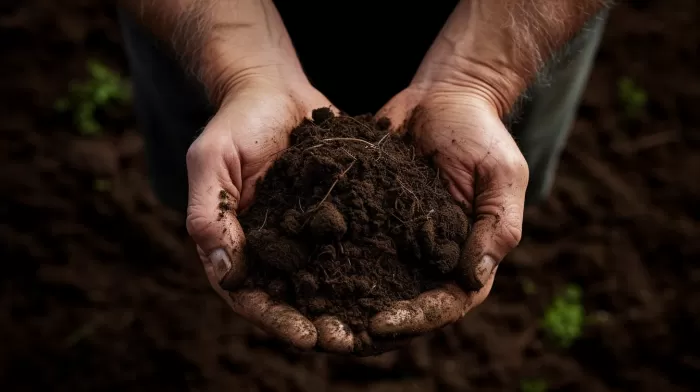If you were constantly reminded to wash your hands as a child, you were not alone. While keeping your hands clean is essential in certain situations, researchers suggest that you may need to get your hands a little dirty to protect your brain and memory as you age.
The Science: Dirt and Alzheimer’s
The hygiene hypothesis, a theory that proposes that overly clean environments lead to a higher risk of allergies and autoimmune diseases, has gained traction among Alzheimer’s researchers. These scientists believe that occasional exposure to dirt on your hands can help your immune system, along with your probiotic (good) bacteria, fend off inflammation linked to Alzheimer’s and memory loss.
Researcher Molly Fox states, “We believe we can now add Alzheimer’s to this list of diseases.” In a global study, Fox and her colleagues found that countries with higher sanitation levels have increased Alzheimer’s rates. They also discovered that living in rural areas with more exposure to dirt, viruses, and bacteria offers a protective effect against memory problems.
Why Exposure Matters
Without frequent exposure to microbes, your immune system may lack the anti-inflammatory (regulatory) T-cells necessary to defend against Alzheimer’s. As a result, modern conveniences such as antibiotics, clean drinking water, and effective sanitation systems – which keep bacteria at bay – leave us more susceptible to cognitive issues as we age.
“Exposure to microorganisms is critical for the regulation of the immune system,” conclude the researchers. They emphasize that our immune system is weakened as we increasingly live in urban environments, where we rarely come into contact with animals, feces, and soil that stimulate the immune system and reduce inflammation.
Benefits of Getting Dirty
A little dirt under your fingernails isn’t such a bad thing. By exposing yourself to the microorganisms found in the soil, you are providing your immune system with crucial support. When you indulge in outdoor activities like gardening or hiking, you are decreasing inflammation, which is essential to maintaining cognitive health. The key is to find a balance between proper hygiene and allowing your immune system to be primed by occasional exposure to dirt.
Connecting with Nature
Spending time in nature, surrounded by dirt, animals, and plants, naturally exposes you to the microorganisms that support a robust immune system. Gardening is an excellent way to boost your physical and mental health while cultivating a connection with the earth. Furthermore, tending to your garden or exploring nature without gloves provides direct contact with the soil and its beneficial microbes.
Other activities to consider include:
- Walking barefoot on the ground: Known as “earthing,” this practice is thought to promote overall health by connecting your body with the earth.
- Hiking or trail running: These outdoor activities can help you connect with nature while also enjoying the physical and mental benefits of exercise.
- Composting: Creating nutrient-rich compost not only benefits your garden but also exposes you to beneficial bacteria.
- Maintaining indoor plants: Even if you live in an urban setting, caring for potted plants can provide some exposure to beneficial microbes.
Protecting the Brain
Exposing yourself to a balance of microbes is not only important for your immune system but may also play a huge role in your brain health as you grow older. Researchers believe that Alzheimer’s disease, like autoimmune disorders and allergies, may be significantly affected by the bacteria we’re exposed to throughout our lives. By periodically getting your hands dirty and spending time in nature, you may be reducing your risk of developing Alzheimer’s and cognitive decline, ensuring your brain stays sharp and healthy throughout your lifetime.



